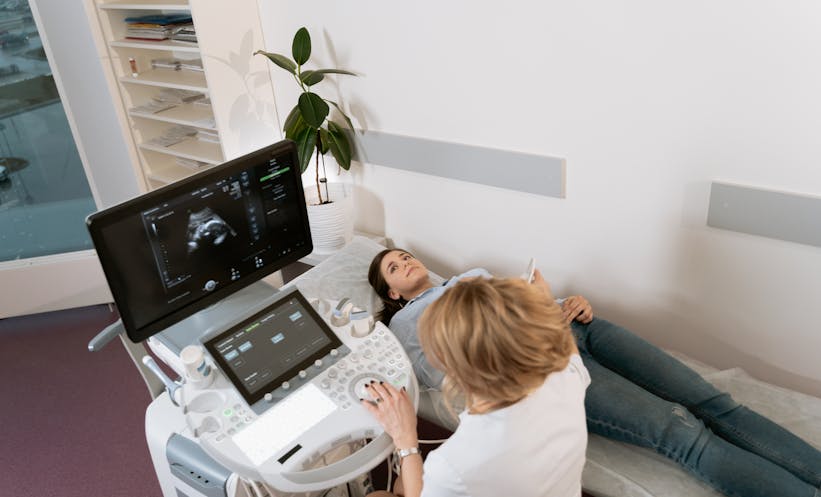POINT-of-care ultrasound (POCUS) has shown promise as a first-line diagnostic tool for identifying retained products of conception (RPOC) in women, according to recently published research.
Led by a team at Yale University, New Haven, Connecticut, USA, the study demonstrated that POCUS can effectively diagnose RPOC in patients being managed either surgically or medically.
“Emergency physicians should use POCUS as a first-line imaging modality in patients with history concerning for RPOC to rule in a time-sensitive diagnosis,” the researchers advised.
RPOC refers to residual intrauterine tissue that can occur after childbirth, miscarriage, or pregnancy termination. It affects between 1% and 6% of pregnancies, with higher prevalence in second-trimester deliveries or terminations. Treatment options include dilation and curettage, medication such as misoprostol, or continued monitoring.
Although ultrasound is the standard diagnostic tool for RPOC, the study highlighted inconsistencies in criteria and limited research on POCUS use by emergency physicians. To address this, the team analysed POCUS data collected from 645 women between 2017 and 2023.
Of these, 512 underwent standard ultrasound, and 133 had non-imaging-related obstetrics/gynaecology (OB/GYN) testing. In total, 62 women were confirmed to have RPOC, with an incidence rate of 9.6%. POCUS identified 70 cases, 17 of which were indeterminate.
In women with a history suggestive of RPOC, POCUS achieved a sensitivity of 79% and specificity of 93.8% when compared to gold-standard diagnoses. Including indeterminate cases as positive increased sensitivity to 80.7% and specificity to 90.4%.
The study revealed potential challenges, including 22 false-positive POCUS results, over half involving potentially viable pregnancies. The authors cautioned that POCUS use in early pregnancy could yield misleading results due to the endometrium’s variable appearance.
“Further prospective studies are needed to confirm our findings and determine if POCUS can reduce patient length of stay and time to management,” the team concluded.
This research underscores the potential of POCUS in expediting diagnoses in emergency settings, although more data is required to refine its application.
Reference
Boivin Z et al. Accuracy of point-of-care ultrasound in diagnosing retained products of conception. Am J Emerg Med. 2025;DOI:10.1016/j.ajem.2025.01.032.








